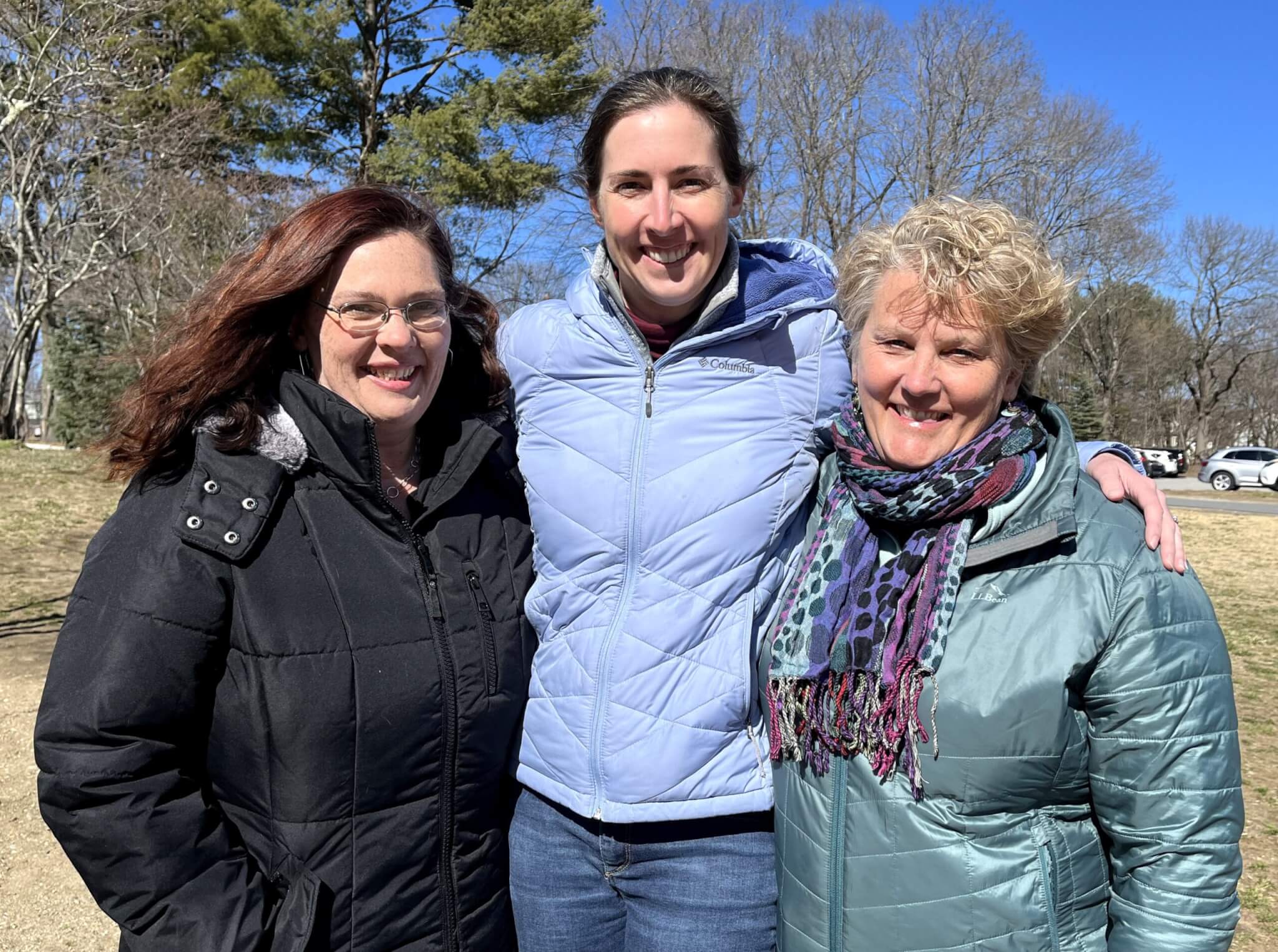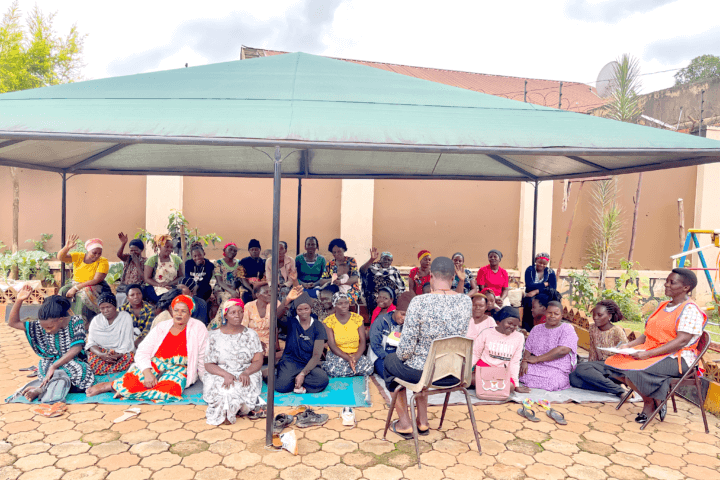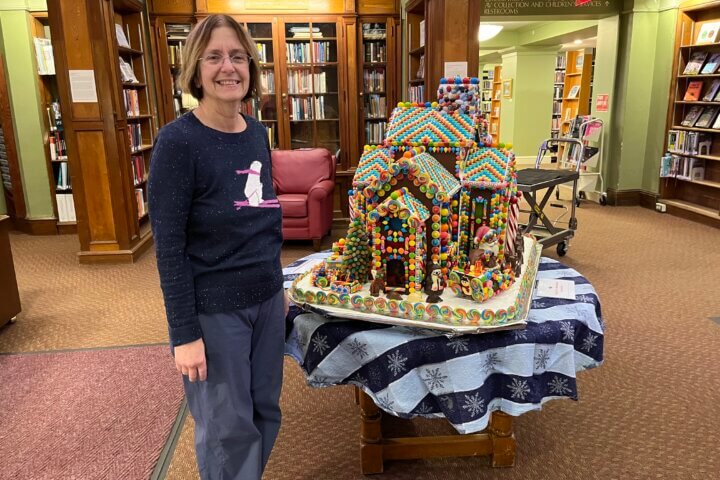How do we talk to our children about race? What are the experiences of students of color in our towns?
These are among the questions being addressed by area residents, some of whom have BIPOC (Black, indigenous and people of color) children in Concord’s public schools. They have founded an organization called COAR, Communities Organizing Against Racism, which promotes education and action to address the impacts of systemic racism.
COAR’s participants are primarily from Concord, Carlisle and Boston, though people from neighboring communities have shown interest. The organization’s roots go back to early 2019 when Erin Fife, a former preschool teacher, attended a talk at Concord-Carlisle High School by Dr. Baruti Kafele, a highly regarded urban educator in New Jersey who offers workshops on creating a positive school climate. There were only about two dozen people in attendance, says Fife.
There, she met Megan Denis, who had two non-white presenting children in a Concord elementary school and another in preschool at the time. Denis and her husband, who is Haitian, tried to prepare their children for public school, “but our youngest was the only child of color in his grade. He cried for weeks and it was a very stressful time for all of us,” she says.
Denis, Fife and a few other concerned parents realized they had never talked about race with their children and began sharing their stories at each other’s houses once a month, pulling in more people as they went. Early on they watched and then discussed a webinar titled “Raising Race Conscious Children.”
“We are folks who are interested in learning and staying informed,” Fife says. “None of us is an expert but we wanted to create a space for these conversations.”
When the pandemic prevented in-person gatherings in March 2020, “we took the time to formalize and name the group,” says Fife. She and Denis are two of COAR’s leaders. Now about 150 people are on COAR’s mailing list and some 20 attend regular meetings. They anchor each discussion around a specific topic, responding to a resource such as a book, film, or podcast.
The group’s discussions range from learning more about METCO, the Metropolitan Council for Educational Opportunity, Inc., to talking about what it means to have a racial identity. This year the focus is on schools, Fife says. One issue they are examining is racial disparity in advanced placement courses. “We will be looking at the number of students of color in AP courses in the U.S. and bringing the discussion back to Concord,” says Fife.
Being educated about systemic racism is in part a matter of becoming aware of “intent vs. impact,” Fife says. One might with all good intentions try to comfort a child of color who is feeling marginalized, she explains, “but what one says may actually only reinforce the fact that the child is different.”
Joyce DeGreeff, another COAR leader, is part of a mixed race family and has children in the Concord public school system. She spoke to the Concord School Committee in December about the work of its Joint Committee on Diversity, Equity, Inclusion, and Belonging. DeGreeff commended that committee for its ongoing support of the initiatives being pursued under the leadership of Dr. Laurie Hunter, school district superintendent, and her administrative team.
DeGreef said that at an earlier School Committee meeting she had “heard parent statements that equated the work of DEIB with what’s known as critical race theory and a fear of what that is doing to white children. I know enough about anti-racist education to state that this is a falsehood. I can attest to my two older white children not having been negatively affected by learning from my two younger kids of color what it’s like to go through this world with brown skin,” she added.
“We as white people have a choice about how we want to receive anti-racist education – with shame and defensiveness or with gratitude for the way that it broadens our minds and instills empathy,” DeGreeff said.
The bulk of COAR’s work involves putting together all of the efforts – speakers, films, readings, and other programs – of organizations here and in surrounding communities and making sure they are publicized. Venues include the Concord Museum, the Concord Free Public Library and its Fowler branch, schools and churches, and the Robbins House.
COAR obtained a license to screen the film “Who We Are: A Chronicle of Racism in America,” which was shown free of charge in a number of area settings earlier this year. One can access the calendar and learn more about COAR at https://www.coaraction.org/
“It used to be that various organizations doing things were isolated,” Fife says. “We are trying to bring them together to build a network of awareness.” She notes that there are many groups in the area addressing issues of racial inequities besides COAR, such as The League of Women Voters of Concord-Carlisle, Concord’s DEI (Diversity, Equity, and Inclusion) Commission, the Concord-Carlisle Human Rights Council, and RJAG, the First Parish racial justice action group.
COAR volunteers often talk about “radical empathy,” which means “not only to put yourself in someone else’s shoes but also to take action to change your behavior,” says Fife. She referred to an incident last fall involving a non-white presenting, long-term resident who said he was followed then stopped in town at least twice by Concord police and asked for his ID, once while he was trying to pick up his son from kindergarten.
The man, formerly a White House advisor and a vice president at PBS, spoke to the Concord Select Board about his experience and penned a letter to then Police Chief Joseph O’Connor, asking for “policies that benefit all people.”
Fife says that COAR is “of course concerned with community learning in order to prevent individual incidents like this,” but that “there are also broader systemic issues at work here that are often invisible. We need to learn more about such issues and examine them in our community to understand how they affect all of us. And then we can work to dismantle them.”





